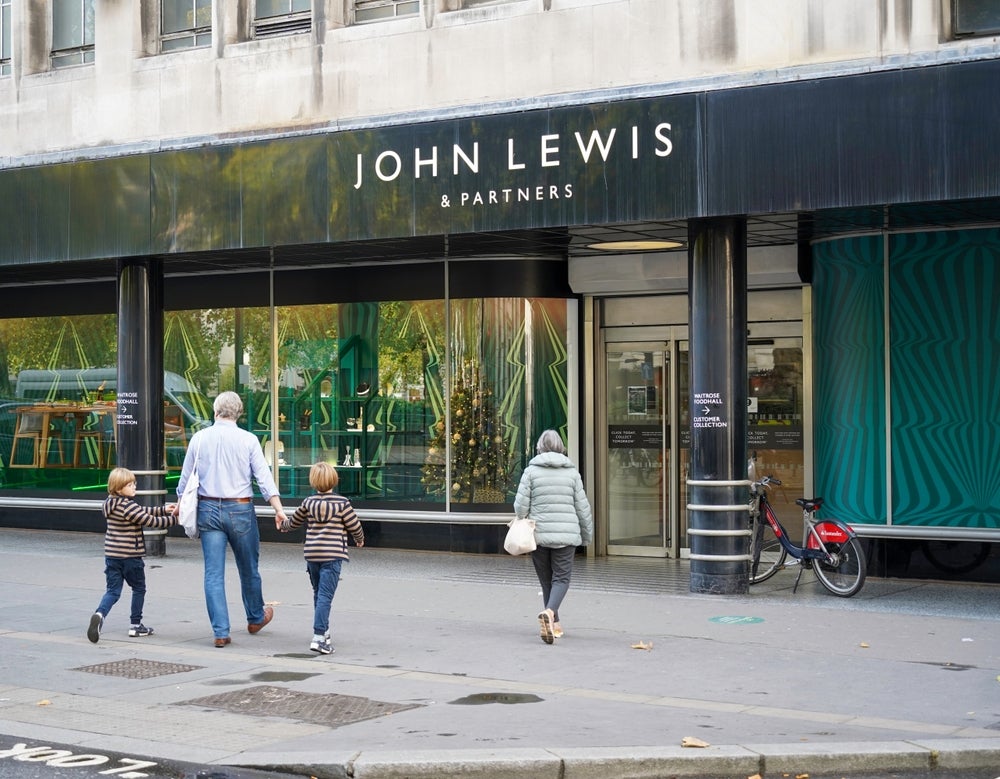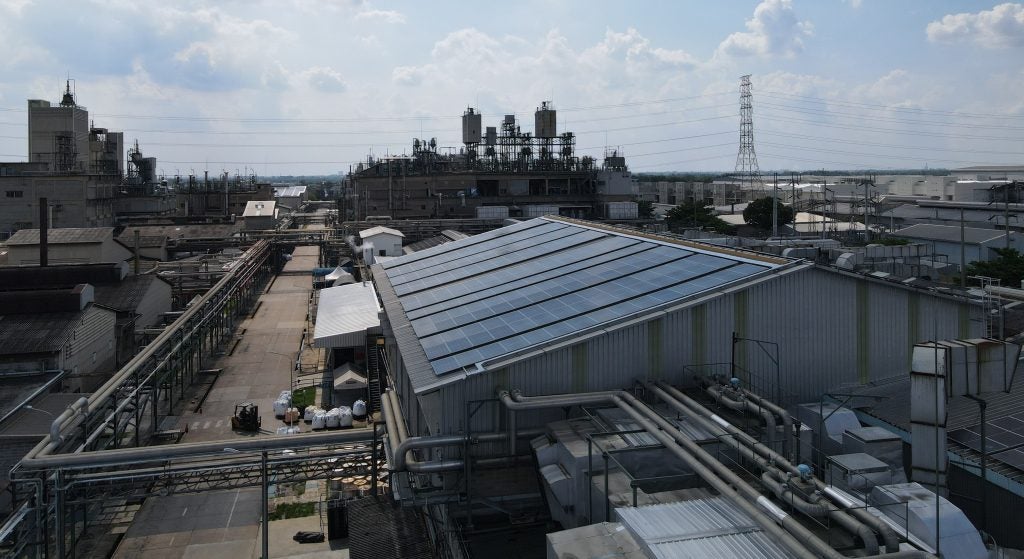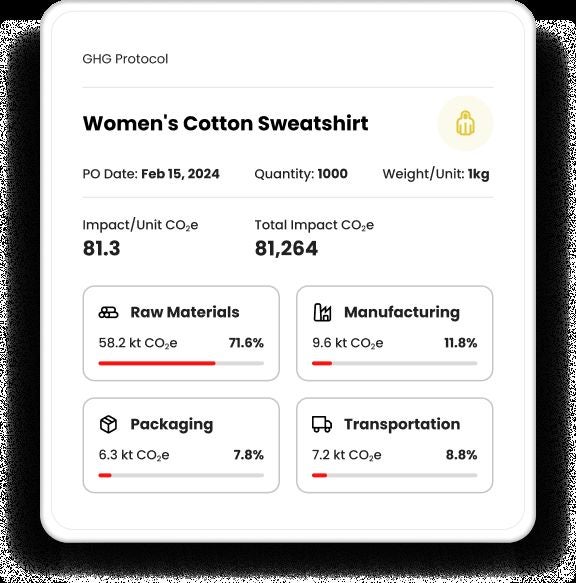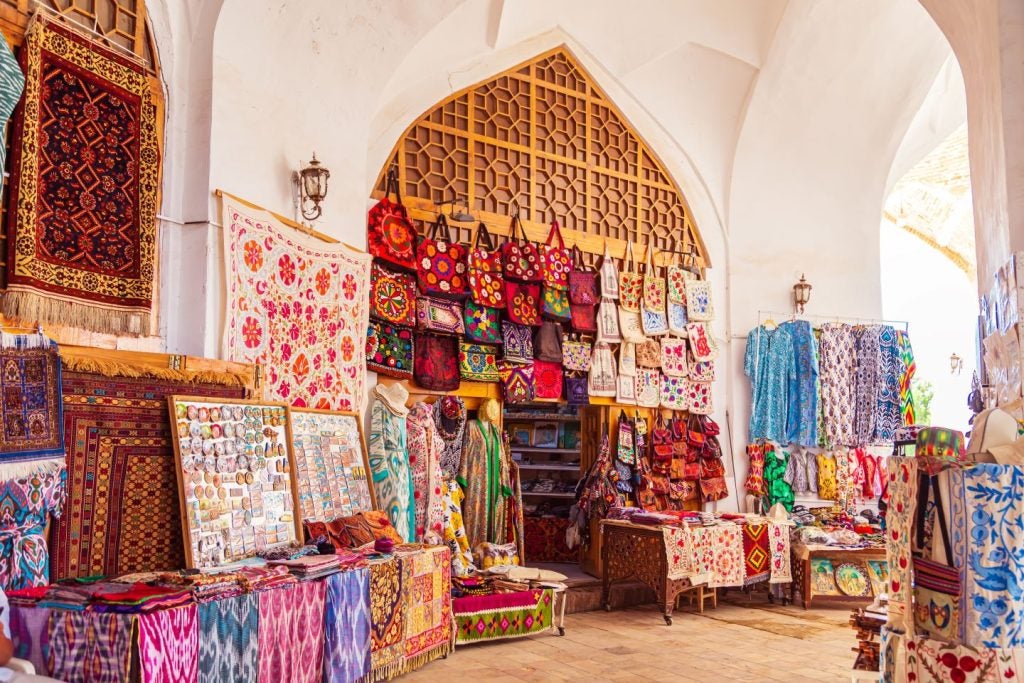The round was led by Partech, one of the largest tech investment platforms in Europe with participation from previous investors Alante Capital, Alstin Capital, Samaipata, and F-Log Ventures. This significant investment will advance Retraced’s mission to make sustainability management more effective and accessible for companies in the fashion and textile industry worldwide.
Retraced is committed to developing leading solutions that enable companies to comply with evolving regulations in the EU and worldwide, enhance transparency, and deliver on their sustainability promises.
The new funds will be instrumental in driving Retraced's platform vision forward. With the usage of AI and process automations, Retraced aims to make supply chain sustainability more efficient and effective. This will help to maximise the positive impact on supply chains, while keeping the financial burden of compliance management under control. End consumers will play a central role for Retraced as well. With the development of what Retraced calls the "most user-friendly" European Digital Product Passport (DPP) for consumers, it aims to drive consumer empowerment and help fashion and textile companies to better engage with the customers.
More than 150 fashion brands, including Desigual, Victoria Secret, Pangaia, Calzedonia, Tom Tailor, Marc O Polo, Alexander Wang and Finisterre already use Retraced to connect and collaborate with their 15,000+ suppliers on the platform.
“We are excited to partner with Retraced as they are tackling the supply chain transparency, one of the most critical challenges on the agenda of fashion and textile companies. We believe Retraced has the right team to build a world-class product and become the leading standard for this industry,” said Simone Riva, senior principal at Partech.
Alexander Meyer-Scharenberg, senior investment manager at Alstin Capital added: Since our initial investment, the company has shown significant progress and we expect the demand for Retraced's software will further gain momentum following the EU Supply Chain Directive (CSDDD) that came into effect in July.”
Retraced's CEO and co-founder Lukas Pünder commented: “This funding round marks a pivotal moment for Retraced. As the regulatory landscape becomes more complex, our mission to simplify sustainability management and make it more effective is more important than ever. With the support of our investors, we are well-positioned to continue developing our platform, empowering fashion brands to meet their sustainability goals and build stronger relationships with their suppliers and their customers.”
Retraced publishes due diligence guide
Retraced has also released a free due diligence guide for the fashion and textile industries walking them through the supplier partner mapping process and enabling them to mange risks and amplify impact across the value chain.
The guide includes a breakdown of key global legislation already live or coming into play for fashion and textile players, summarising their key objectives and who they impact.
It also includes a preamble from industry expert Marwa Zamaray, senior advisor and Dedicated Pact Ambassador for the Netherlands, which discusses the importance of effective data collection in achieving supply chain transparency.
“In today’s digital economy, data is often hailed as the new currency, underscoring its value as a crucial asset for businesses. Effective data collection and analysis are not merely technical tasks but strategic ones that require clear objectives and meticulous execution. Ensuring the accuracy, security, and usefulness of data is vital, as it underpins decision-making processes and innovation. Engaging every stakeholder in the supply chain is critical to harness the full potential of data. A collaborative approach promotes a culture of trust and shared responsibility, essential for the integrity and success of data initiatives. With data as the driving force, businesses are empowered to navigate the complexities of the market and carve out competitive advantages.”
Retraced highlights that ultimately, the idea behind the due diligence legislaton coming into play globally is to minimise safety concerns and exploitations. The guide also touches on the environmental impact and social impact of the apparel production sector.
And it highlights the co-benefits of a robust due diligence strategy for businesses, detailing the benefits in terms of profitability, product sustainability and transparency across the supply chain.
Retraced chief product officer Philipp Mayer said: “Our goal is to offer a collaborative solution to fashion brands, empowering them to control their production chains and implement the changes necessary to meet the sustainability and social impact challenges of our world. Upcoming regulations are pressuring companies to improve the due diligence of their partners and suppliers.”















